Home Technology
Young Kyu Kim, head of FX & Derivatives Sales at Hana Bank, discusses FX management in Asia going into 2025 amid escalating US-China tensions.
Global Finance: While geopolitics is arguably the number one concern of corporates in the US and Europe, what is currently keeping Asian corporates up at night when it comes to FX markets?
Young Kyu Kim: Geopolitics is also a growing concern for Asian companies. The FX market is impacted by the Middle East war and the possible escalation of U.S.-China tensions following Trump’s victory, which is creating as much volatility as economic conditions and interest rate gap between countries.
In line with the Korean FX authorities’ structural improvement policy that comes in preparation for global companies’ investment in Korea, Hana Bank opened Hana Infinity Seoul, an around-the-clock trading room. Starting with the new center in Seoul, it opened Hana Infinity London to meet the needs of KRW FX deals from non-residents. It is scheduled to open a new trading room dubbed Hana Infinity Singapore for Asian clients. Ultimately, it aims to provide optimized 24-hour services in major FX markets in local times.
GF: In general, are costumers seeking more reserves apart from the traditional G5 currencies?
Kim: In response to an increase in transactions made in CNH, IDR, SAR, etc., amid robust growth in Asian countries, Korea has taken preemptive actions such as allowing for local currency transactions in IDR.
On the corporate side, there is a demand for diversification of currency holdings due to foreign exchange hedges, global inflation, and other reasons.
Still, they hold currencies around the US dollar rather than non-G5 currencies (USD, ERU, JPY, GBP, CHF). This, we believe, is attributed to Korea’s high dependence on the US. In particular, the recent higher volatility in the KRW-USD exchange rate has led companies to sign a contract in the US dollar, not in local currency.
GF: Amid the current fast-paced FX environment, how can financial institutions help promote corporate risk management and digital innovation?
Kim: Hana Bank plays a pivotal part in the Northeast Asian FX market, enabled by its participation in a wide range of markets, including trade finance and FX swap among KRW, JPY, and CNY, and the offering of various products. In particular, we offer FX risk management solutions that best fit corporate customers seeking to hedge exchange rate fluctuation risk. We also provide them financing considering their liquidity position in an effort to help manage funds in an optimal way.
Based on its experience in FX and trade markets, Hana Bank is strengthening its presence in emerging economies (Vietnam, Indonesia, and more) to offer FX services to corporate clients. In line with digital transformation in the FX market, we have developed and put our own FX platform in place, which is now expanding into the global market. Alongside this, we offer API-based banking services tailored to customer’s unique situations in an effort to provide optimal products catering to their various needs.
GF: As in other areas of corporate banking, are customers growingly seeking custom-tailored offerings? How do you cater to those demands?
Kim: The global FX market is shifting to a platform trading without physical and time constraints. Among electronic approaches, APIs provide corporate clients with customized FX data including exchange rate information. API service enables clients to conduct transactions using their ERP system or internal program by connecting API to an FX platform. By leveraging APIs, companies can receive exchange rate information in real time according to their FX risk profile and carry out FX transactions at any time they want.
GF: How does AI—and other breaking technology—play into that?
Kim: FX transactions had long depended on dealers’ capabilities and clients’ FX flow. But now AI is reshaping the FX market: A growing number of AI-powered and algorithm trading future offerings designed by using innovative technologies like blockchain. These changes have led to a reduction in the time taken for trading and the creation of high-quality financial products and trading skills.
Under these circumstances, Hana Bank is focusing on the development of AI-based exchange rate prediction models as part of efforts to provide custom-tailored consulting services, including Robo Advisor. We expect the automation of FX trading to increase transaction volume, contributing to abundant foreign currency liquidity.

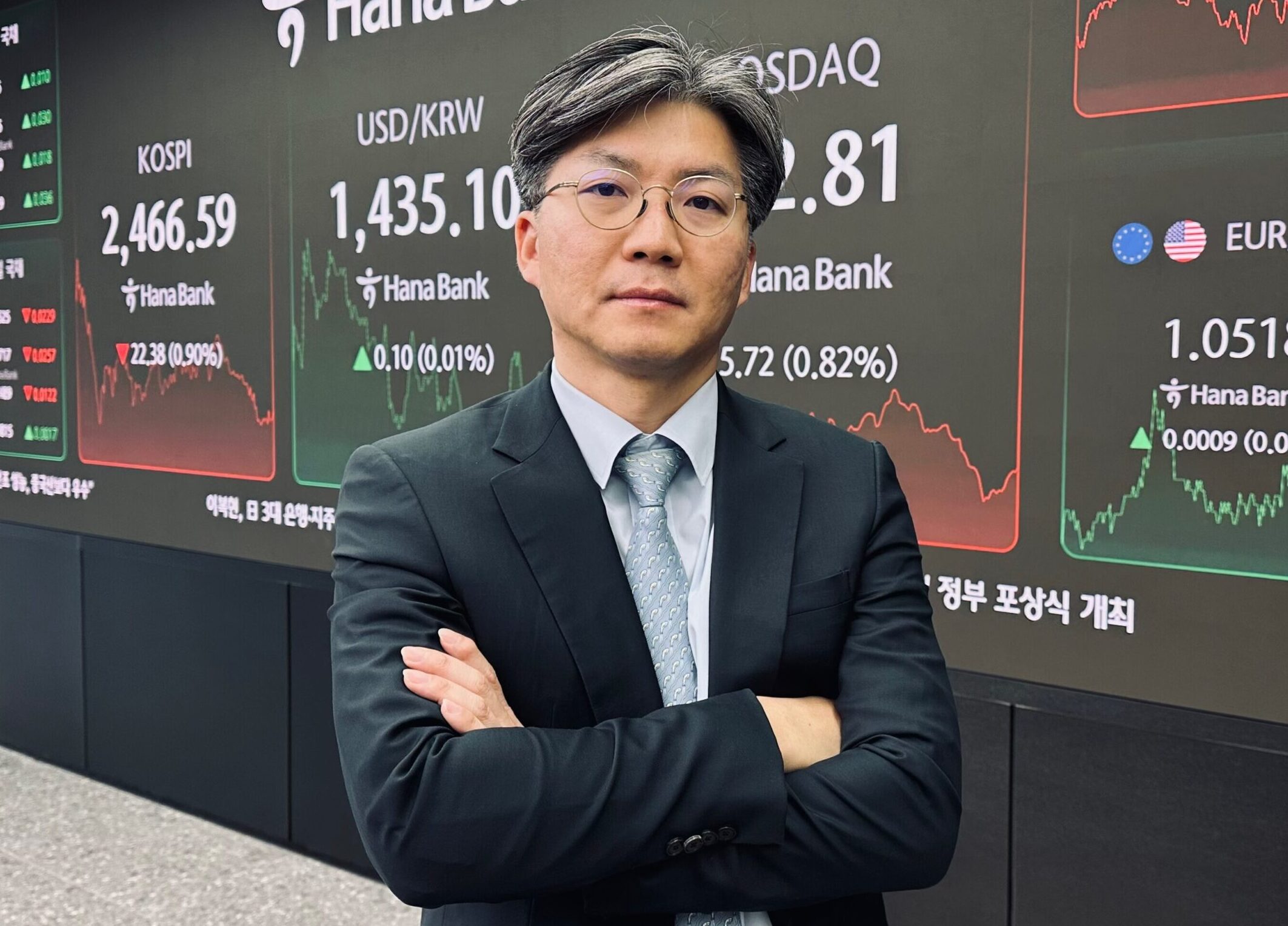



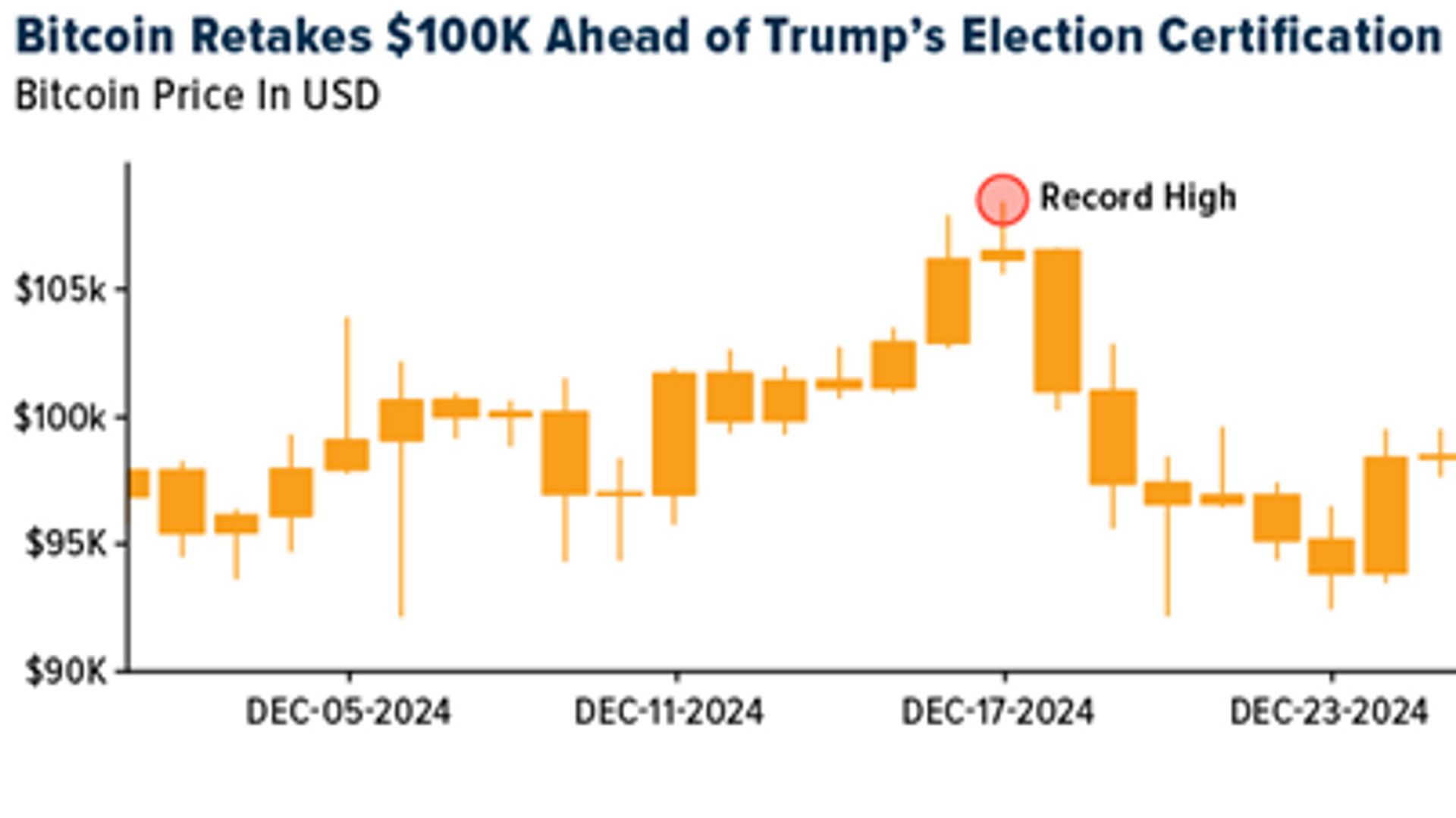
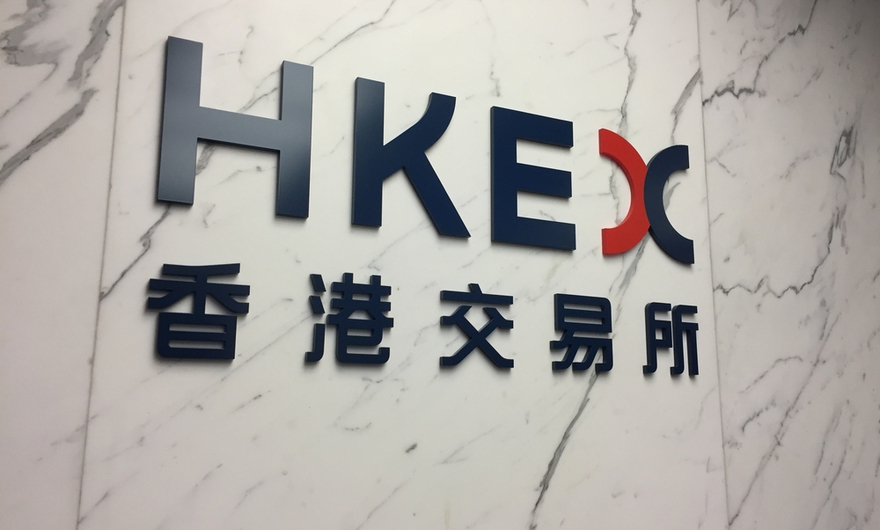
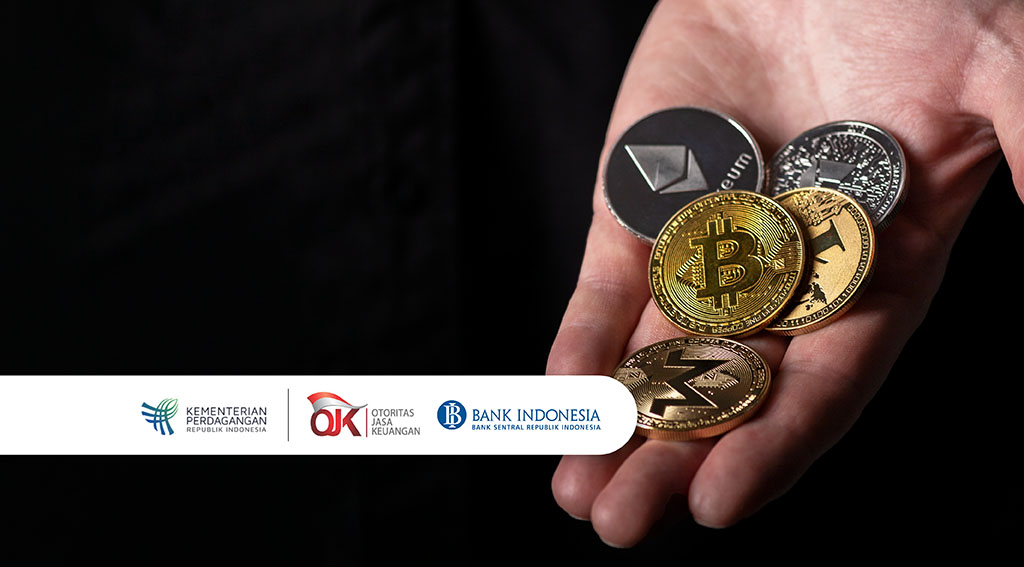
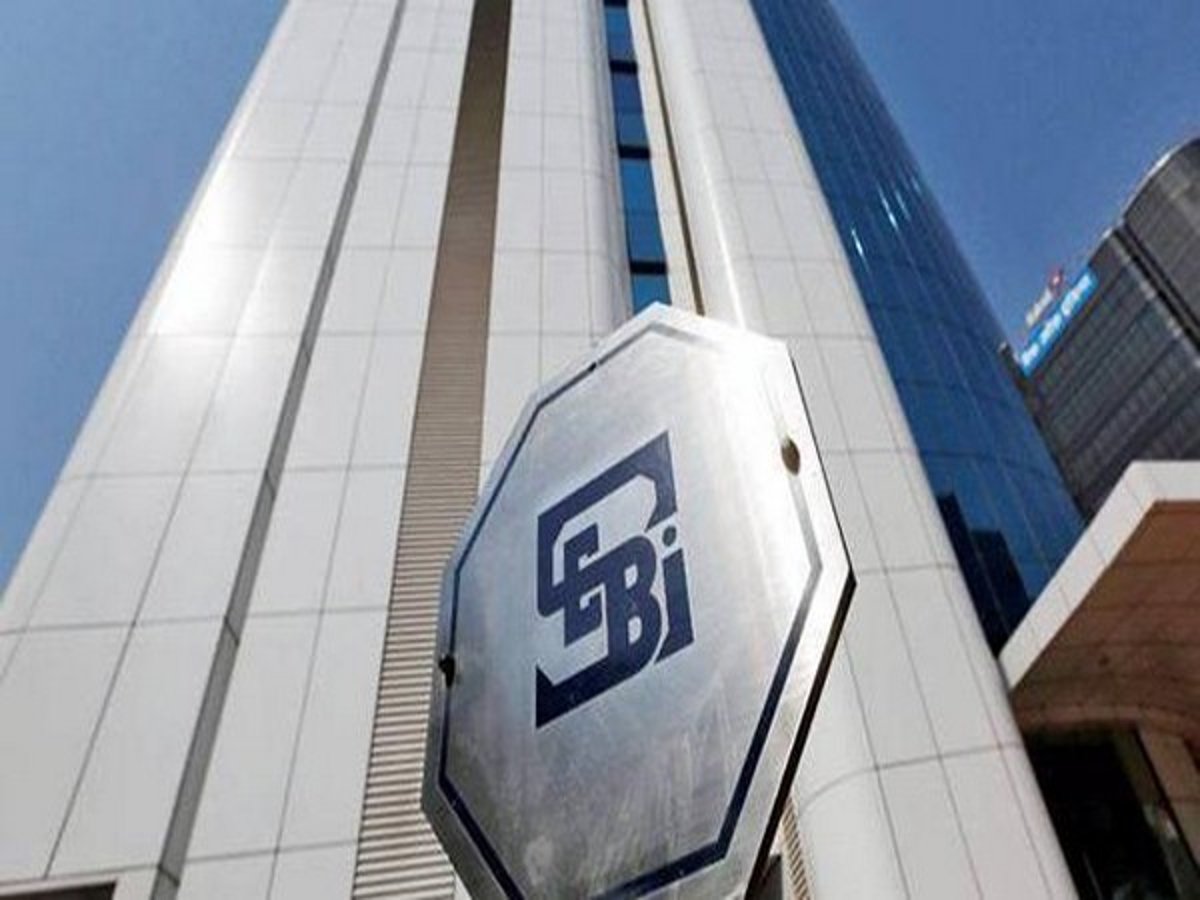
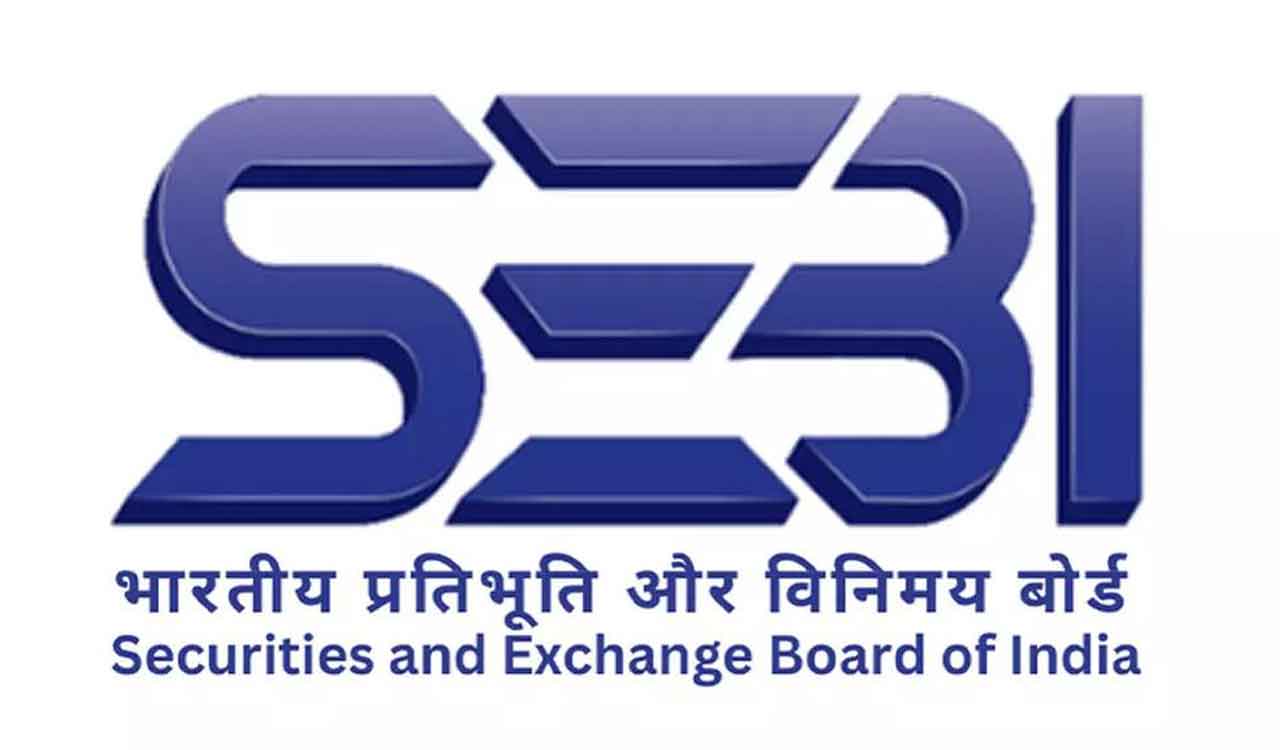
Leave a Reply